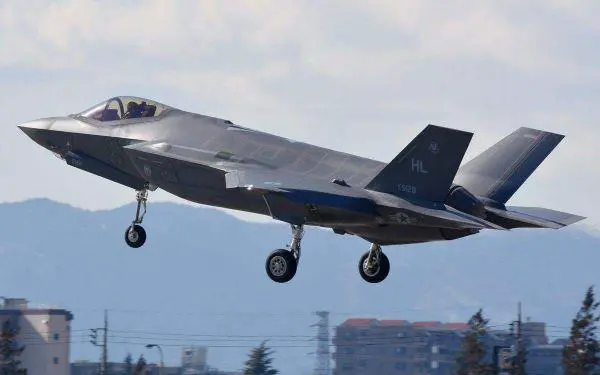By APD writer Lin Hongyu
Since U.S. President Trump initiated the Section 301 investigation on China last month, trade frictions between China and the United States seem to become the most pressing issue on the Sino-U.S. relations.
But if we change the perspective, we will find that this is actually one of the many whirlpools in the bilateral ties that require rationalism and wisdom instead of further exaggeration on the problems.
Though the bilateral trade looks tense currently, it is inappropriate to be described as a “trade war.” It is merely an interpretation of outside world, which, however, is inaccurate and inflammatory, reflecting a Cold War mentality among some observers.
Even against the background of anti-globalization, the international community is highly interdependent. International relations, especially relations between major powers, should not be tempted by war.
I agree with Long Yongtu, China’s chief negotiator for WTO accession, as he commented that the Trump action is “nothing more than the initiation of a trade policy on China. Trump has the right to do this, and of course we also have the right to respond."
The so-called "China-US trade war" is nothing more than Trump's fulfillment of his campaign promises. Trump is a very special president in the history of the modern American presidential election. He has no experience in public office, political administration or diplomatic affairs. He is also against elite politics, free trade, political correctness and traditional Establishment camp.
On foreign policy, Trump values the principle of “America First” and opposes to globalization, making him ponder over almost all foreign policies related to globalization which he sees as a threat to the interests of the U.S. and its people. But his policies showed an extremely high rate of fulfillment of his promises made during the presidential campaign – almost above 80 percent, also the highest rate since 1952. Many promises were fulfilled, from restriction on Muslim travelers to the nation to rebuild the U.S.-Mexico border wall.
Meanwhile, on the issue of Sino-U.S. relations, Trump showed a rare rationality and cooperative attitude, even though he has long expressed dissatisfaction toward the trade deficit between the two countries. This is where his campaign promises fall short, which is unacceptable for a businessman who values credit.
International trade frictions, or so-called "trade wars," are in essence mutual harm and there can be no winners.
From the perspective of a rational decision-maker, both an attack and a counterattack aim for negotiations in the end. We should take a low-key, precise and pragmatic way to response, instead of using high-profile and aggressive rhetoric.
Sino-U.S. relations must go hand in hand, and the two countries must get along well. This is not only necessary for the peaceful rise of China but also for world peace and development.
With the 23 percent of the world’s populations, the total trade volume between China and the United States now accounts for about 25% of the world's total. The two economies take up about 40% of that of the world and the currencies take 52 percent of the SDR basket. The weight of Sino-U.S. relations to the world is really too large to be broken, too large to fail, and too large to be confrontational and questionable.
Lin Hongyu, the Fellow researcher of the APD Institute and the dean and professor of college of international relations at Huaqiao University.
(ASIA PACIFIC DAILY)
 简体中文
简体中文





